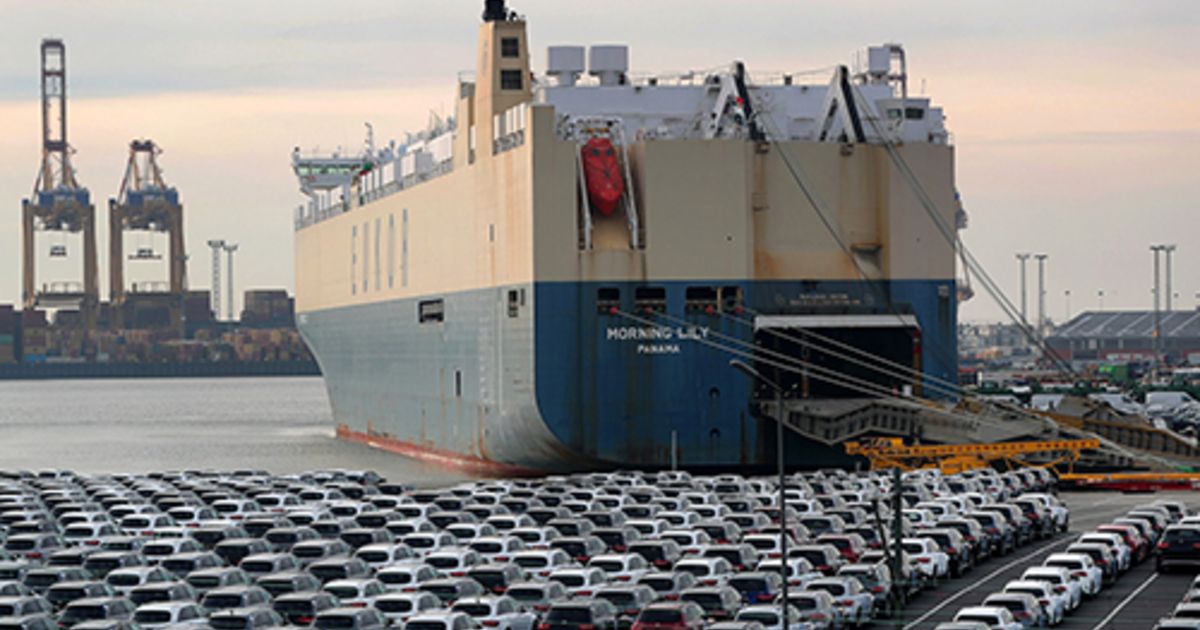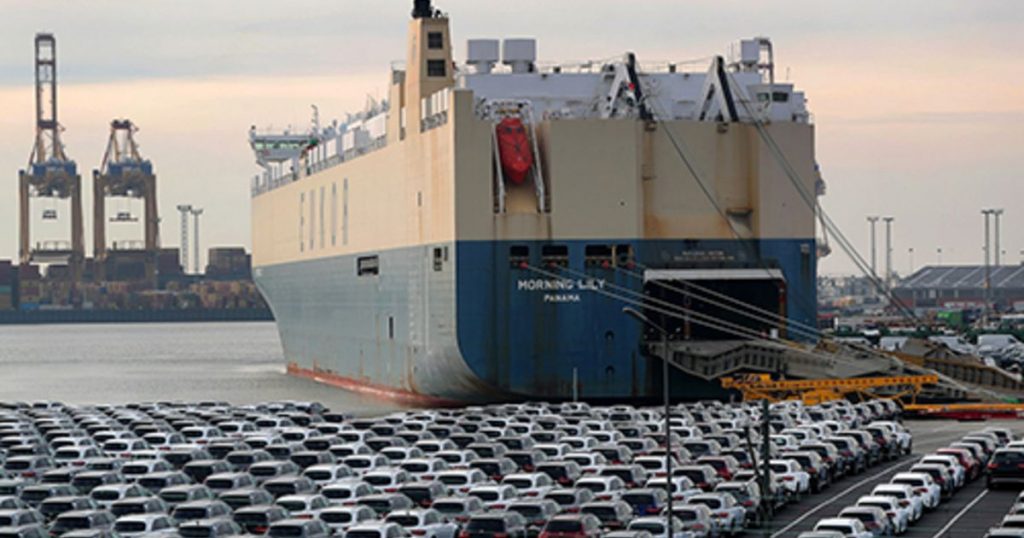The EU (European Union) member states must brace for the U.S. tariffs on many fronts in the months beforehand, a senior German executive cautioned; just a few hours in advance Washington launched an investigation of a proposed French digital tax that can set off future tariffs. Peter Beyer—Germany’s Member of Parliament and Transatlantic Coordinator—stated that while there was persisted US interest in coordination with Europe, the Trump government nonetheless seemed poised to enforce tariffs over arguments regarding aircraft subsidies, European car imports and the Nordstream 2 gas pipeline. In May, the U.S. President Donald Trump asserted that some of the imported vehicles and parts raised a national security fear, but postponed a verdict on imposing taxes on Japanese and European auto imports for as long as 6 Months to facilitate time for trade discussions with both partners.
European executives have said confidentially that they fear that Trump would now turn his focus to Europe, after intermediary a pact in a protracted trade spat with China. Trump in recent time ordered an investigation to find out whether France’s proposed 3% tariff on the French income of large internet firms was unfairly aiming some of the U.S.-based companies. Prior investigations aimed at the EU subsidies on huge commercial aircraft and China’s trade practices.
On a similar note, earlier, the U.S. threatened with new tariffs on the EU products worth of $4 Billion. The U.S. is strengthening its trade fight with the EU over aircraft subsidies, planning new tariffs on the EU goods valued $4 Billion. The tariffs—which were announced in recent time by the USTR (United States Trade Representative)—covered 89 products counting pasta, fruits, meat, cheese, coffee, and whiskey. They can be added to a record of the EU exports of worth $21 Billion that the USTR reported in April will be subject to tariffs.

